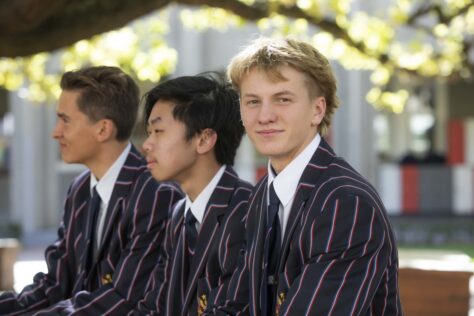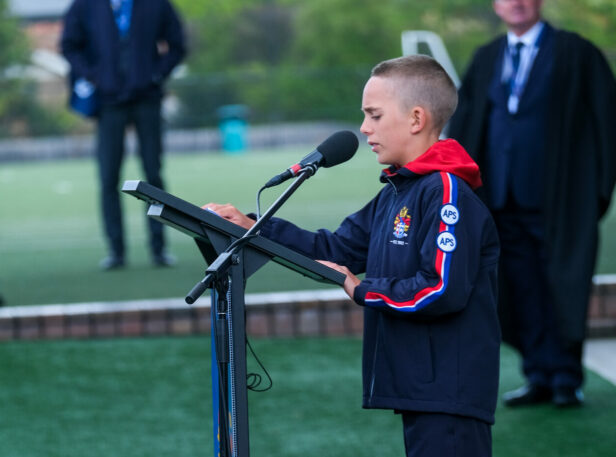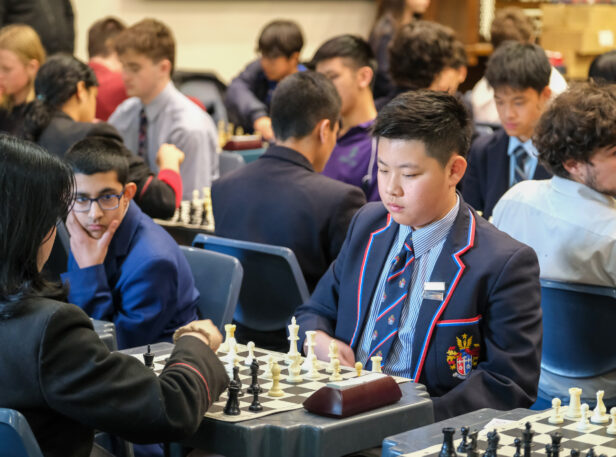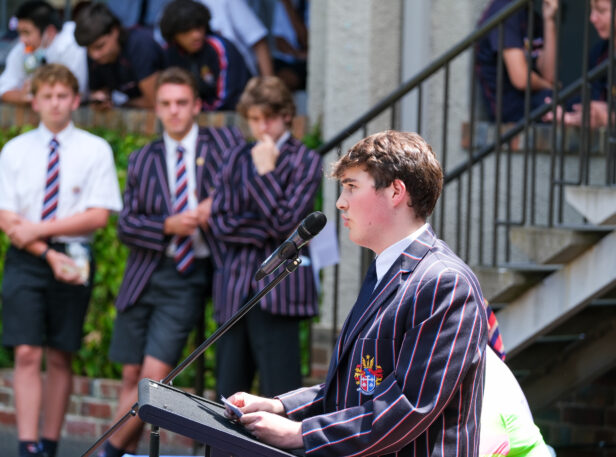— Margaret Heffernan
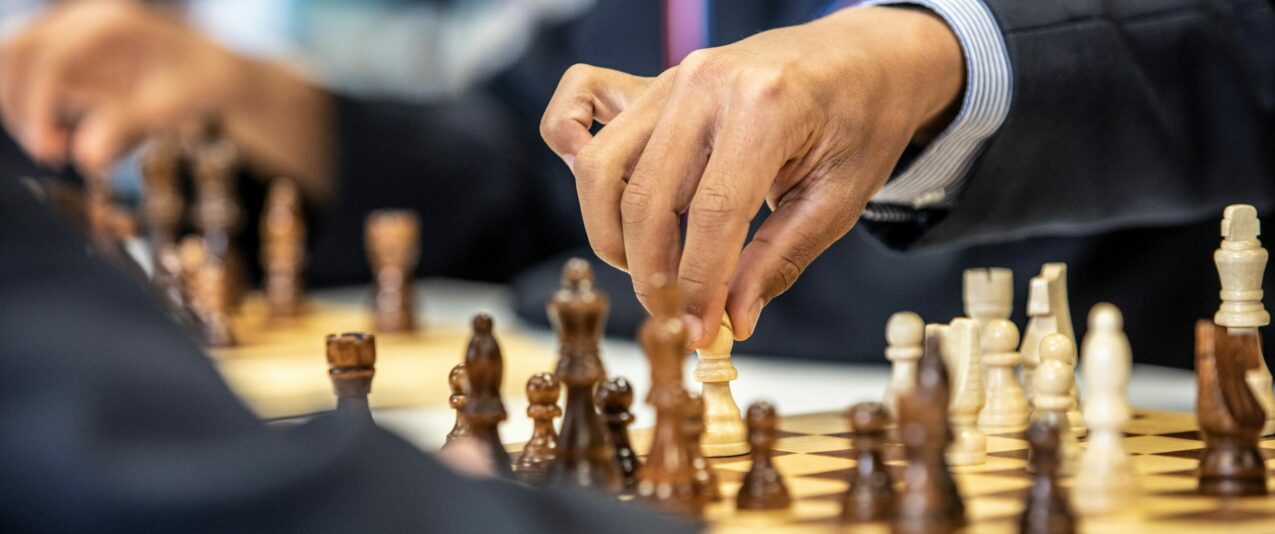 Chess, Debating and Public Speaking
Chess, Debating and Public Speaking Why teach chess and debating for boys?
Teaching chess, debating, and public speaking fosters critical thinking, communication skills, confidence and teamwork.
Chess cultivates strategic thinking and problem-solving abilities, while debating sharpens critical analysis and argument construction.
Public speaking enhances students’ ability to articulate ideas effectively and engage with audiences.
Together, these activities offer a well-rounded skill set that prepares students for success in academics, future careers, and personal growth, making them valuable members of the community.
“For good ideas and true innovation, you need human interaction, conflict, argument, debate.”
What’s on offer?
BGS hosts and participates in house, zonal, state chess finals, DAV debating competitions, model United Nations Assembly conferences and various public speaking competitions and opportunities.
Chess Program
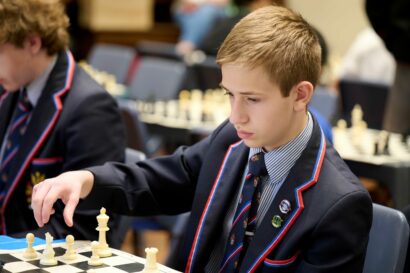
Brighton Grammar has established a flourishing and engaging culture of Chess.
Students come together for casual play weekly and after-school Chess Club members receive coaching from International Master Leonid Sandler.
Students enter three zonal tournaments against other schools to qualify players for the annual State Championships, traditionally hosted at BGS.
The House Chess competition is a key event in the school calendar.
Debating program
Year 9-12 students participate in the DAV Interschools debating competition, which offers pathways to State representation.
In the Junior Secondary program, Years 7 and 8 students develop their debating skills in a friendly interschool competition, guided and mentored by senior debaters and past student coaches.
Public Speaking
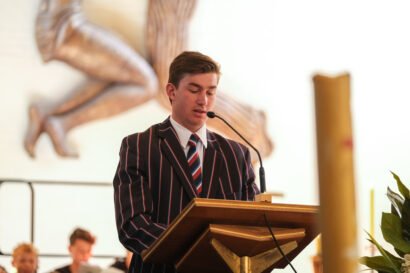
Students can practise their public speaking skills in a range of internal and external competitions throughout the year.
They learn to develop their confidence in speech writing, express their views effectively and speak to an audience with impact.
These competitions include the Ethics Olympiad and MUNA (Model Assembly of the United Nations). Both events allow students to analyse and discuss real-world and timely ethical issues and the problems facing world leaders today.

